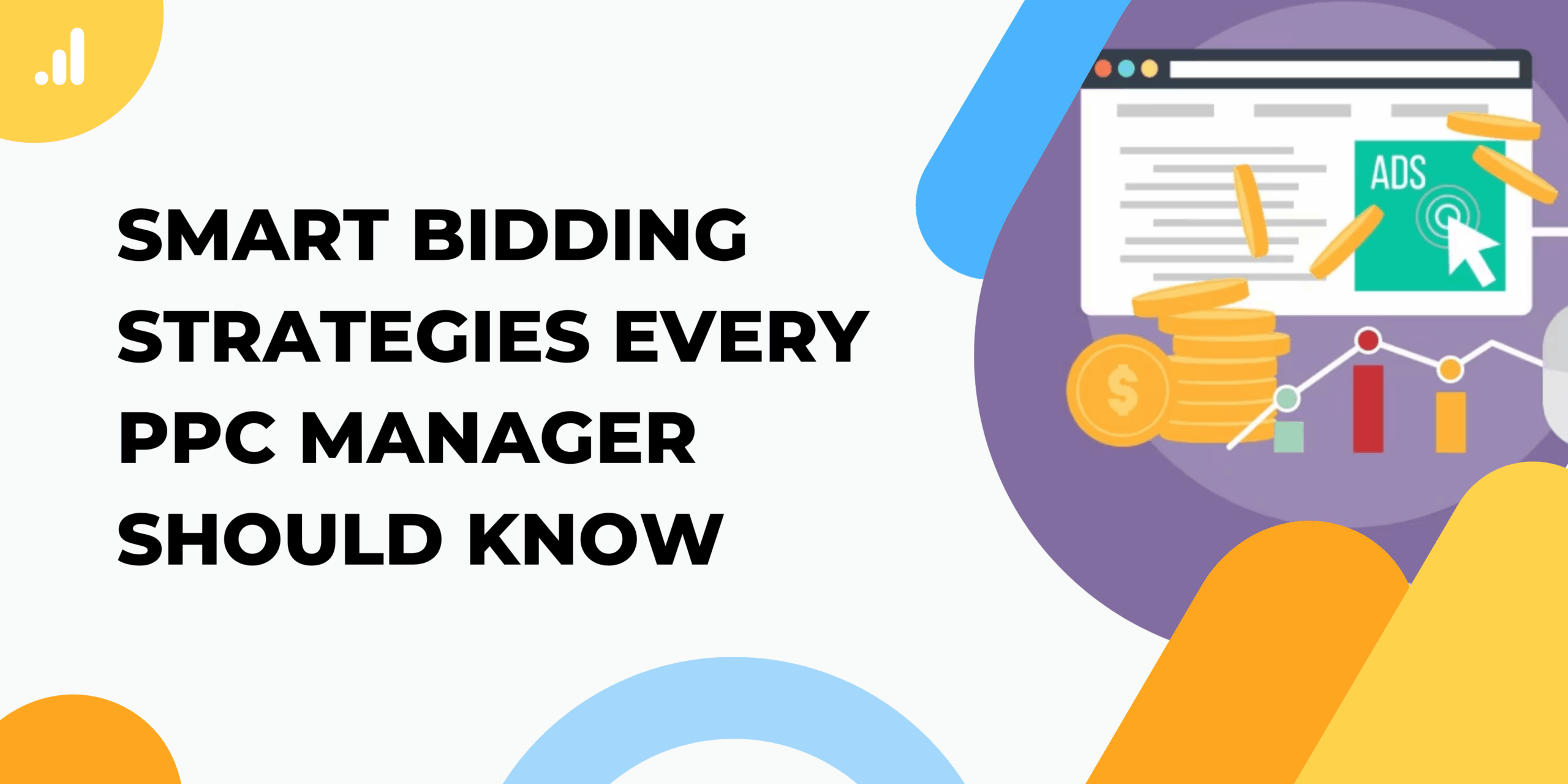It is very much crucial to understand the pulse of paid advertising in today’s digital marketing era. In urban areas where competition online is increasing rapidly, the value of a dependable PPC management company increases more than ever before. Smart bidding, a tool driven by data and automation, is a powerful tool that has the ability to define the success of a campaign. It enables companies to go past the traditional manual bid tuning and concentrate on strategy. This article delves into the most essential smart bidding strategies that all PPC managers should know in order to remain at the top.
Target CPA: A Balance Between Reach and Cost:
Target CPA (Cost-Per-Acquisition) is probably the most popular smart bidding choice. It assists advertisers with receiving as many conversions as they can at or under a certain CPA. This tactic is perfect for campaigns in which more leads or sales are wanted without being spent too much. By bidding automatically based on past performance, the system identifies optimal times to bid on ad space. Over time, it optimizes performance and prevents costs from going too high.
Target ROAS: Targeting Revenue, Rather Than Clicks:

Getting conversions is wonderful, but not all conversions are worth the same. That’s where Target ROAS (Return on Ad Spend) comes in. This bidding allows advertisers to enter a target return and bid up to get to that level. For companies selling high-dollar items or with mixed product margins, this model makes a lot of sense. It makes sure that the ad spend is invested only where there is a greater chance of return. PPC managers typically use this strategy when performance is defined in terms of revenue, rather than leads alone.
Maximize Conversions: Best for Fast Growth Campaigns:
When the objective is to expand rapidly and gather as many conversions as achievable, the Maximize Conversions strategy comes in handy. This approach spends the entire daily budget to achieve the maximum number of conversions, not caring about the cost per individual. Although it may result in increased CPAs at times, it comes in handy for testing landing pages, product introductions, or venturing into new markets. PPC managers ought to apply it when they desire speed and quantity over accuracy.
Maximize Conversion Value: Quality Over Quantity:
Unlike merely maximizing conversions, this approach is about maximizing the total value of conversions. This is ideal for multilevel ecommerce sites or services with varying price points. Smart bidding goes beyond mere numbers and optimizes bids where the potential conversion value is greater. It’s particularly effective when combined with appropriate conversion tracking and product feed segmentation.
Better CPC: A Middle Ground for Manual Bidders:
Enhanced CPC is beneficial for PPC managers who want partial control over bidding. It optimizes manual bids to obtain more conversions by leveraging historical and real-time data. If the system believes that a click will probably generate a sale or lead, it will raise the bid a little. Otherwise, it will decrease the bid. Though less automated than other smart bidding strategies, it still provides value for campaigns that are highly controlled by managers.
Smart Bidding for Mobile Optimization:
User behavior varies by device. Users might browse on mobile and convert on desktop or the other way around. Smart bidding takes this into consideration and varies bids by the probability of conversion from a given device. For mobile-first user campaigns, this introduces a level of complexity that manual bidding can’t handle. PPC managers must keep an eye on how smart bidding responds to device trends and respond accordingly.
Audience Signals’ Role in Smart Bidding:

The smarter the candidate is, the better it works when it’s aided by audience signals. These are demographics, interests, and previous interactions on the site. Good segmentation of the audience by PPC managers provides the system with better inputs to work on. This way, the bids are made smarter and more effective. Merger of audience lists and campaigns is a step worth taking for improved performance.
Optimizing Across Multiple Campaigns:
When working across several campaigns, smart bidding can be applied to portfolios. Portfolio bidding strategies enable multiple campaigns to align toward a single objective. For instance, rather than having individual targets for CPAs for every campaign, a common target can be shared. This offers ease of use, as the system is free to allocate budget and bids in areas where performance is higher. PPC managers tend to utilize this in order to even out underperforming campaigns with high-performing ones.
Employing AdWords Management Services for Greater Understanding:
Managing smart bidding can become complicated, particularly for big accounts or ecommerce sites. That’s where AdWords management services are utilized. Such services provide more in-depth analysis, strategy crafting, and expert-level tinkering. From establishing proper objectives to examining auction insights, they assist in leveraging smart bidding to the fullest. For companies lacking in-house expertise, this outside help is usually the secret to profitable scaling.
Supported by real-time data, automation enables advertisers to compete better. Target ROAS to Maximize Conversion Value, every approach has its particular purpose. Tools such as AdWords management services help in dealing with complexity, yet success also hinges on sound planning, testing, and monitoring. For companies aiming to expand in competitive markets, particularly those keen on promoting product visibility, utilizing Google Shopping management services and smart bidding provides a sturdy way forward. As PPC evolves, managers who make adjustments and become expert smart practitioners will be at the forefront of digital advertising.









